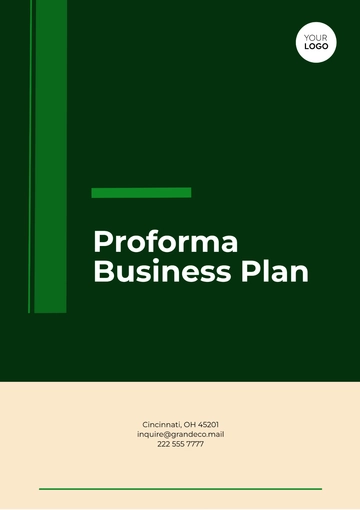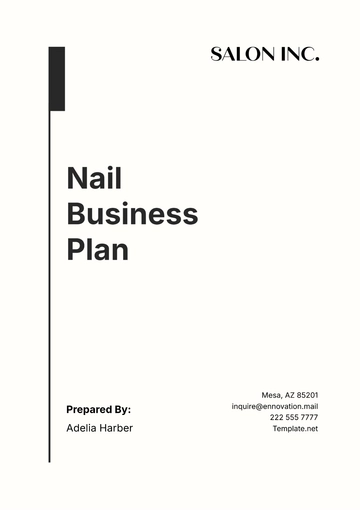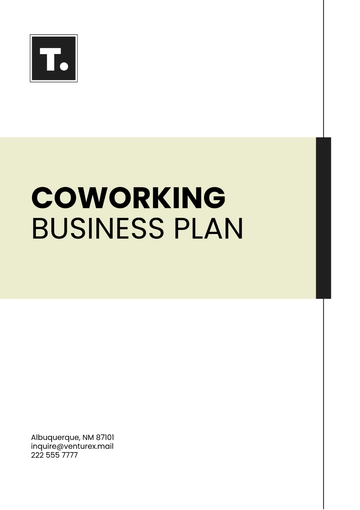Franchise for New Business Plan
Executive Summary
The objective of this business plan is to outline the strategy and execution plan for launching a successful franchise operation. The plan covers market analysis, business model, marketing strategies, financial projections, and operational requirements to set up a franchise in the chosen sector.
Business Description
Our franchise will operate in the food and beverage industry, specializing in health-centric products that cater to the growing demand for organic and natural foods. The business aims to open several outlets across major metropolitan areas, targeting health-conscious consumers.
Business Model
Franchise Type: Food and Beverage
Target Market: Health-conscious individuals
Unique Selling Proposition: Organic, natural, and locally-sourced ingredients
Market Analysis
The food and beverage sector is witnessing a notable shift towards healthier and organic options. According to recent studies, consumer preference for organic food has grown by 20% annually over the past five years [1]. This trend presents a significant opportunity for our franchise to capture a share of this expanding market.
Target Market Segmentation
Competitive Analysis
The competitive landscape includes both direct and indirect competitors offering similar health-focused food and beverage products. Key competitors include well-established brands like Whole Foods and Fresh Market, as well as emerging local organic food chains [2]. Our franchise will differentiate based on quality, customer experience, and community engagement.
Marketing Strategy
Our marketing strategy will focus on building brand awareness, engaging with the local community, and leveraging digital marketing channels. Key components of our strategy include:
Marketing Channels
Social Media: Instagram, Facebook, and Twitter campaigns
Local Events: Participation in health and wellness fairs
Email Marketing: Monthly newsletters with offers and updates
Advertising Budget
Marketing Channel | Budget Allocation |
|---|
Social Media Advertising | $10,000 |
Local Events | $5,000 |
Email Marketing | $2,000 |
Miscellaneous | $3,000 |
Operational Plan
The operational plan covers the essential aspects of setting up and running the franchise. This includes location selection, staffing, supply chain management, and franchisee support.
Location Selection
High footfall areas in urban and suburban regions
Proximity to gyms and health clubs
Ease of access and ample parking space
Staffing
The staffing plan includes detailed descriptions of key roles and the hiring process. For each franchise outlet, the staff will include a manager, chefs specializing in organic food, and customer service representatives. Comprehensive training programs will be provided to ensure consistency in service quality across all locations [3].
Financial Plan
The financial plan outlines the projected costs, revenue streams, and profitability for the first five years of operation. Key elements include startup costs, ongoing expenses, and revenue forecasts.
Startup Costs
Item | Cost |
|---|
Franchise Fee | $50,000 |
Initial Inventory | $20,000 |
Marketing and Advertising | $20,000 |
Other Startup Costs | $10,000 |
Revenue Projections
Year 1: $500,000
Year 2: $750,000
Year 3: $1,000,000
Year 4: $1,250,000
Year 5: $1,500,000
Business Plan Templates @ Template.net






























